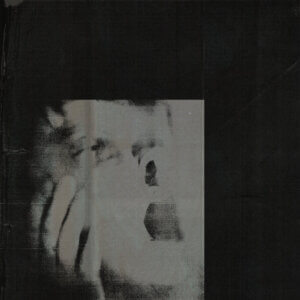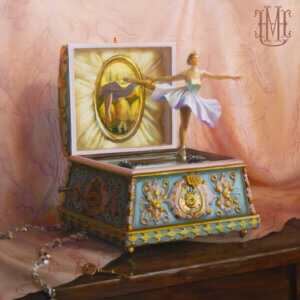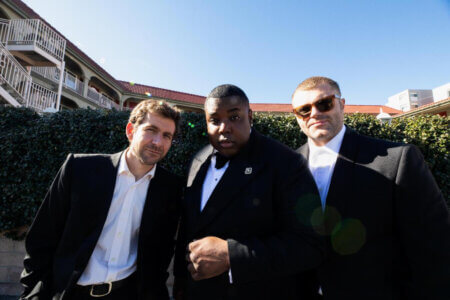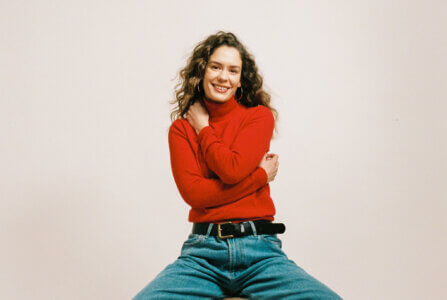Rainbow Kitten Surprise talk Southern Culture
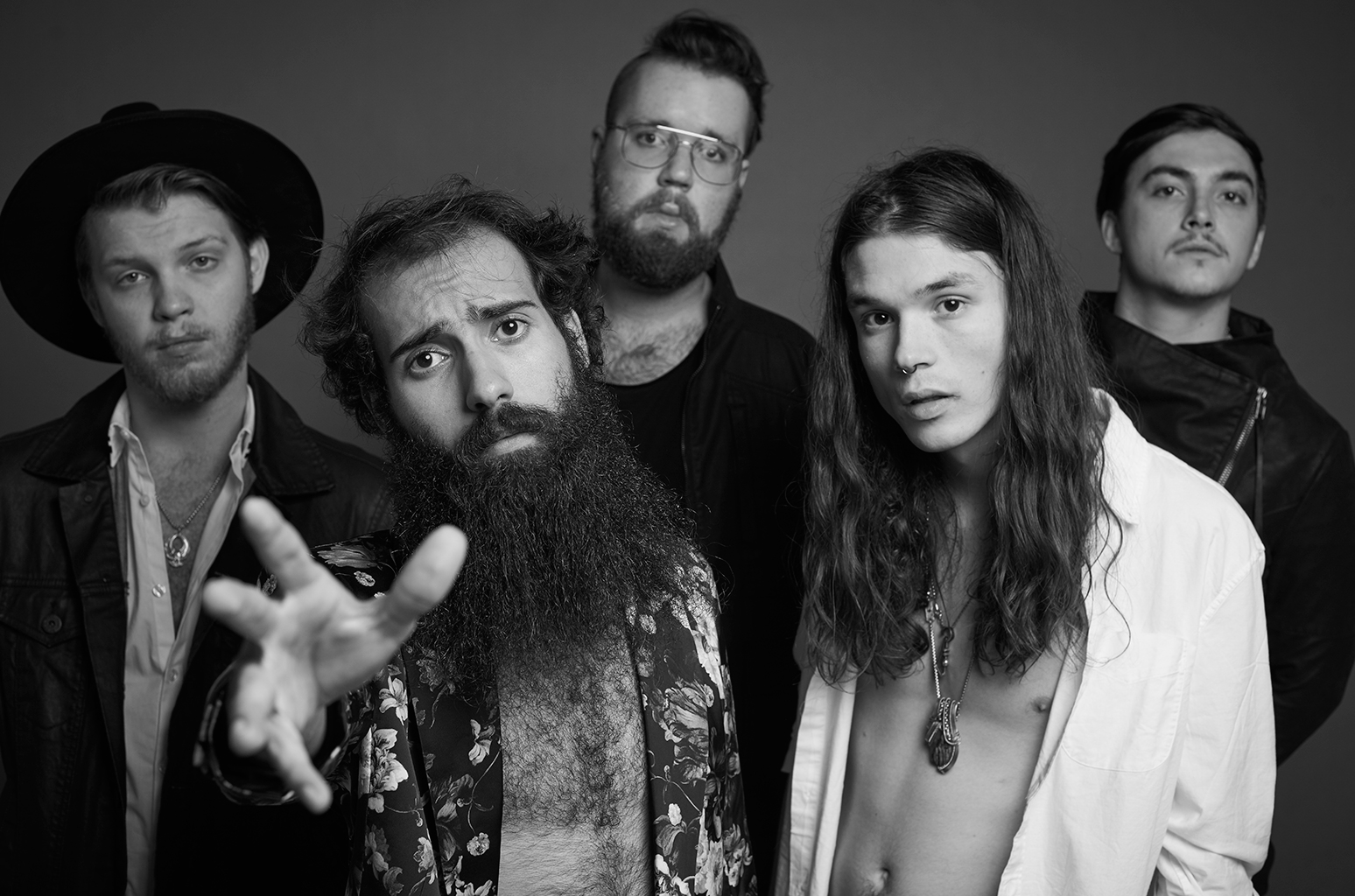
Though the South is often thought to be a place that’s dismissive of LGBT rights and other social issues, North Carolina’s Rainbow Kitten Surprise are trying to show that things are changing. Though their Bandcamp beginnings found many of their albums made in bedrooms,the band expanded everything for their latest album How to: Friend, Love, Freefall. We caught up with singer Sam Melo ahead of the band’s April 16 show in Toronto at the Danforth Music Hall to discuss their latest direction and avoiding stereotypes.
Northern Transmissions: Your band seems to blend so many genres together, is it ever tough to hone your songs into one direction?
Sam Melo: I don’t think there is a specific idea of making one type of music or a rubric that we follow. Everyone’s tastes in the band are diverse enough that we just go with whatever we’re vibing with at the time. So usually I’ll write down a hook or a block of lyrics, and then make a general song outline and we’ll just fill it in. It’s really trying to chase a sound more than a genre, and it’s about how we can make it pop.
NT: On this note, is there something in particular that’s kept harmonies so core to your sound?
SM: At this point we’ve been genre-bending for so long, that the harmonies started out as a focus because of our common interest. Now the music is so self-referential. It also applies pretty heavily to the live show because there’s something about vocals that crowds really respond to. If everything else were to change, it’s something in our music that people are familiar with. It keeps some continuity in our music regardless what direction we go through on the instrumentation side. It’s like a callback every time.
NT: How did you and director Kyle Trash come up with the video for “Hide” and how did the concept meld with the song in your eyes?
SM: I talked to Kyle about the song about three months ago, just throwing ideas around for the video. My boyfriend got me into RuPaul’s Drag Race that same week and I thought we should get the drag queens in but tell their stories. He was really into doing that tastefully without making a spectacle of them or doing something stereotypical. We wanted to get queens but have their wig off and makeup running, doing dishes or something like that. We wanted to peer into their lives out of drag, making dinner for their kids. Kyle Ran with that. He’s from Brooklyn so it would’ve been very easy for him to shoot in New York but he actually went down to New Orleans where the conflict of being a drag queen is much greater. He found that conflict of being a drag queen while showing how it’s not easy. There’s no script, so everything that occured in the video just happened in the shooting of the video.
NT: I also thought it was interesting that you insist your place in North Carolina isn’t rejecting what exists but perhaps making something new culturally for people to latch onto, can you elaborate?
SM: I’m not sure. I hope we’ve never really rejected Southern culture, but there are certain aspects of it that are just outdated. What we’re doing isn’t necessarily to create something new but rather to highlight something that’s already there. In North Carolina, a lot of the things that we’ve become known for in the Bible Belt are changing. The negatives of the culture like not being able to take people at face-value on homosexuality or how the government views things are different. There’s our parents’ culture and then there’s our culture. Even our parents’ generation recognize that there’s a shift. I’ve been talking with a lot of older folks on gay rights, and people are coming around. They may never completely change their minds about it but they’re open. I had a conversation with our guitarist’s dad the other day, and he said “I understand that things are different now, when I was growing up you couldn’t be open about it so I saw it as a negative. But knowing so many people who are gay now, I see your point.” There’s lots of soul-searching in North Carolina, so we’re trying to send a message out to not despise our state. We’re from where we’re from so we don’t want people to think in accordance with stereotypes.
NT: What did Jay Joyce bring to the record and what was it like working with them in the studio?
SM: It’s leagues superior than the previous stuff. Just given the engineering capabilities of Jay and all the guys at Neon Cross, it was a whole different thing. It was a professional studio as opposed to bedroom recordings like we did for our other albums. Working with Jay, I sent him demos before and we bounced off ideas. A lot of the songs we talked about before the studio weren’t actually what we ended up using. It was very in the moment, it didn’t matter what sounded good conceptually yesterday, what’s sounding good right now? Everything was just diving down the rabbit hole into a new experience. We were tracking a song-a-day, so anything that didn’t get tracked in a day just didn’t make the record. It was always a race to the finish, we’d always be making noise. We were trying to get the best sound and we’d go in some days knowing a song or sound and try to figure our way through songs. It was an incredible experience that I’ll cherish. I think what Jay did for us in the studio was be completely real, so it didn’t foster anything that wouldn’t manifest itself in a tangible way. Once we couldn’t find Jay because he’d just be fed-up with the song and so we had to figure out what works with the song. At one point we eventually looked up and he was just in the studio with a cigarette and his headphones, and his head would be bobbing so you knew it was good. He’d take a seven minute song and tell us to cut to the three best minutes.
Words by Owen Maxwell
https://youtu.be/aetcUc3ejPE
Latest Reviews
Tracks
Advertisement
Looking for something new to listen to?
Sign up to our all-new newsletter for top-notch reviews, news, videos and playlists.


